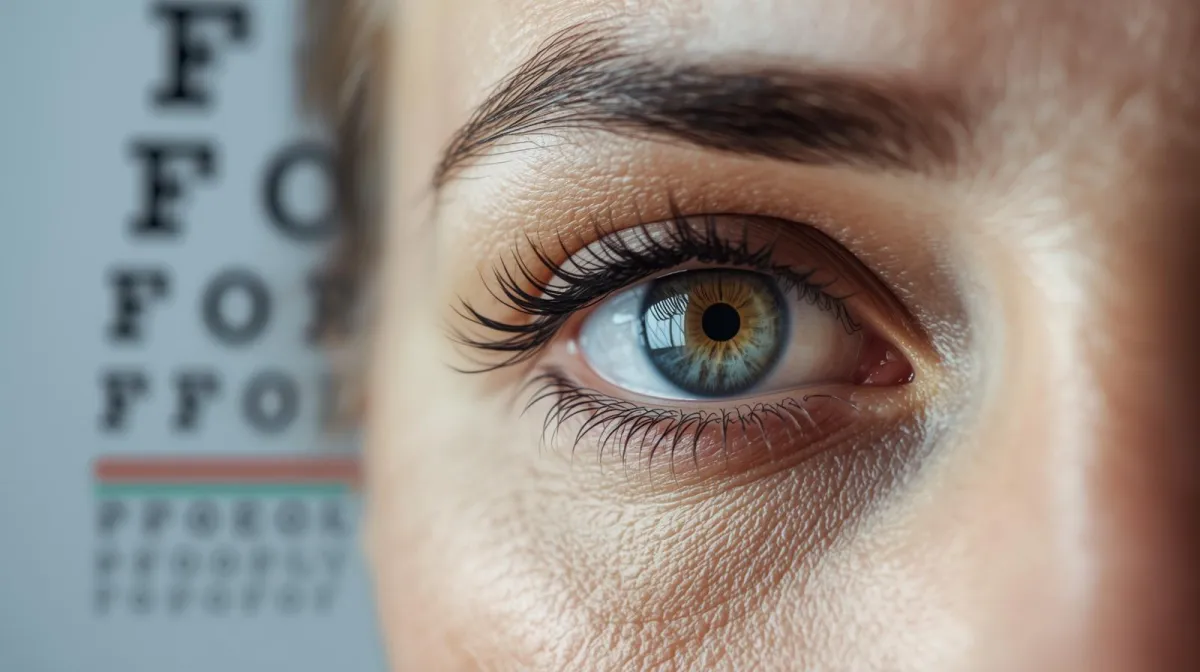
Estrogen: The Overlooked Link Between Vision Loss, Autoimmunity, and Healthy Aging
Estrogen Is More Than a "Sex Hormone"
When most people hear the word estrogen, they think about reproduction, menopause, or maybe hot flashes. But estrogen plays a much bigger role. It’s a key regulator and protector throughout the body influencing the brain, eyes, cardiovascular system, bones, and immune system.
And here’s the surprising part: estrogen deficiency may be a hidden driver behind two major health concerns like macular degeneration and autoimmunity.
Estrogen and Eye Health: The Macular Degeneration Connection

Age-related macular degeneration (AMD) is the leading cause of vision loss in older adults. Researchers have long noticed something striking: women’s risk rises sharply after menopause.
Why? Estrogen protects the eyes by:
Improving blood flow to the retina
Supporting mitochondrial energy production
Boosting antioxidant defenses
Regulating the complement system (an immune pathway that, when overactive, damages retinal cells)
When estrogen drops, especially post-menopause, the retina becomes more vulnerable to oxidative stress and inflammation. Over time, this accelerates AMD progression.
Estrogen and Autoimmunity
Just as estrogen shields the eyes, it also balances the immune system. Autoimmune conditions such as lupus, rheumatoid arthritis, multiple sclerosis, and Hashimoto’s affect women far more often than men.
In healthy levels, estrogen keeps the immune system measured and maintains barrier integrity in the gut and blood vessels. This prevents unnecessary inflammatory triggers.
But when estrogen is deficient, immune tolerance falters. The body can shift into chronic inflammation and autoimmunity. It’s no coincidence that flare-ups often occur during hormonal transitions like postpartum, perimenopause, or menopause.
Men Need Estrogen Too
This isn’t just a women’s issue. Men also rely on estrogen, which is made when testosterone converts through aromatase. Even in lower amounts, estrogen in men is critical for:
Protecting blood vessels and heart health
Supporting brain and eye function
Regulating immune responses
Low estrogen in men has been linked to higher risks of AMD, cardiovascular disease, osteoporosis, and even autoimmune shifts.

The Bigger Picture
Estrogen is a whole-body protector. It:
Shields the eyes from oxidative stress
Balances the immune system
Supports the cardiovascular system
Strengthens bones and connective tissue
When estrogen falls, the risks ripple across multiple systems like vision, immunity, metabolism, and aging.
Supporting Estrogen Balance Naturally
Balancing estrogen isn’t always about synthetic hormones. Many people benefit first from natural terrain support:
For the eyes:
Lutein, zeaxanthin, vitamin A, zinc
For the immune system
Vitamin D, omega-3s, magnesium
For detox pathways
B vitamins and methyl donors
For lifestyle
Movement, restorative sleep, and stress reduction
For some, guided hormone therapy may be appropriate, but lifestyle and nutrient support are always foundational.
Final Thoughts
Estrogen isn’t just about fertility or hot flashes. It’s about protection. When levels drop, the eyes, immune system, and body’s resilience all feel the loss.
👉 Curious if your symptoms could be linked to hormone balance?
Schedule a functional review with our team today and discover how lifestyle, nutrition, and targeted support can protect your vision, immunity, and long-term health.
➡️ Click here to get established
